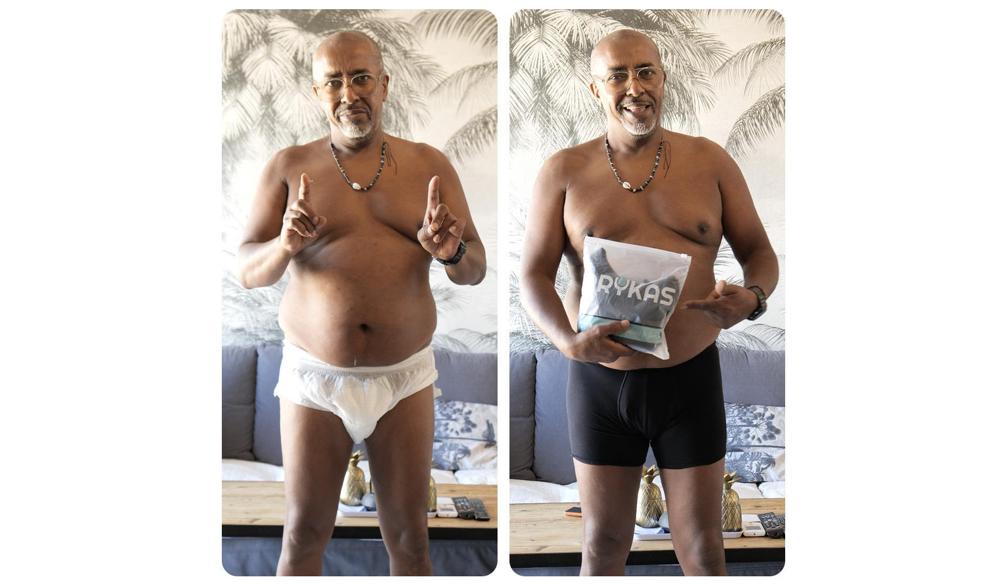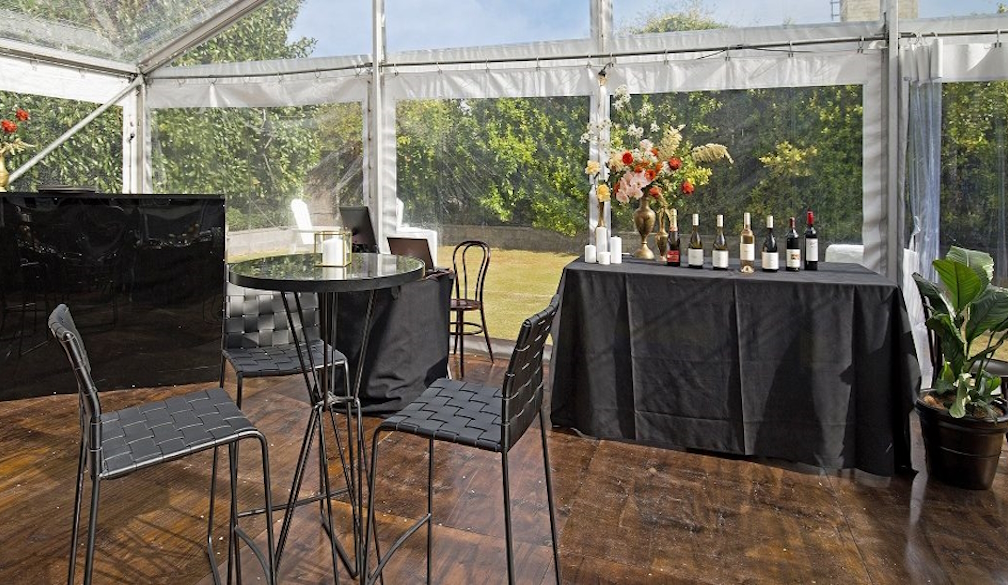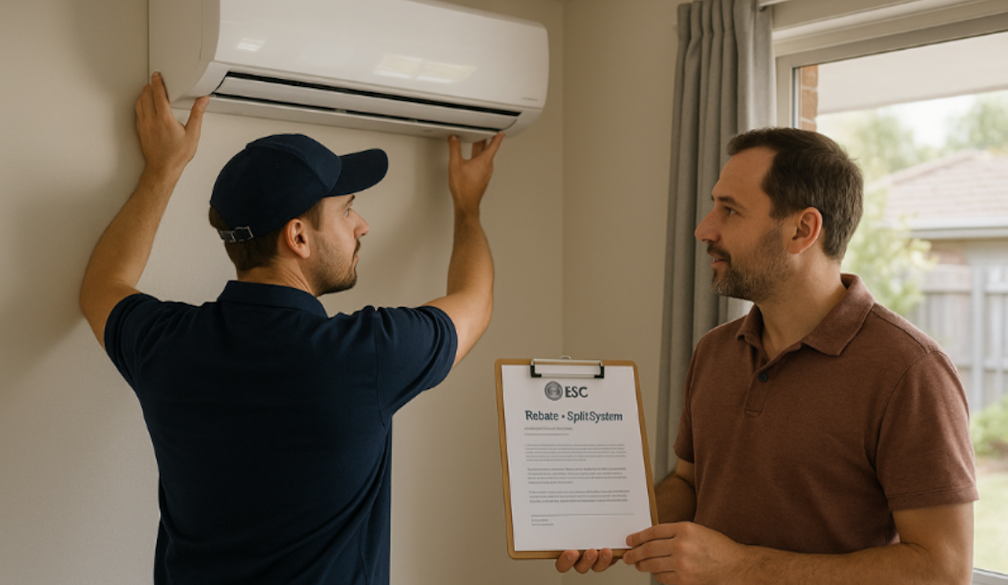The Quiet Battle: One Veteran’s Journey Through PTSD and the Power of Mateship

The transition from military service to civilian life is not always straightforward. For many male veterans, the end of service marks the beginning of a quieter, more personal battle. Post-Traumatic Stress Disorder (PTSD) is one of the most common and complex mental health challenges faced by Australian veterans. While some wounds are visible, others are carried silently. Fortunately, with the right mix of support, routine, and connection, recovery is not only possible but sustainable.
Programs like the Department of Veterans' Affairs (DVA) Household Services (HHS) play a key role in this recovery by helping veterans manage daily tasks that can become overwhelming, especially when living with PTSD. These services are designed to promote independence and stability at home, supporting veterans to regain control over their day-to-day lives.
Understanding PTSD in Australian Veterans
PTSD can occur after exposure to traumatic events, including combat, disaster response or severe accidents. For veterans, this condition can lead to a range of symptoms including hypervigilance, flashbacks, anxiety, sleep disturbances and social withdrawal.
The Department of Veterans' Affairs (DVA) recognises PTSD as a service-related condition and provides access to mental health services, counselling, and practical support programs. Despite these services being available, many men delay seeking help due to stigma or a reluctance to appear vulnerable.
The Role of Routine and Purpose
One of the most overlooked aspects of PTSD recovery is the importance of structure. Routine provides predictability, which can ease anxiety and create a sense of control. For male veterans used to the order and discipline of service life, returning to a life without structure can intensify symptoms.
Daily tasks such as preparing meals, gardening, walking the dog or setting regular sleep hours can serve as anchor points. These seemingly simple routines promote self-reliance and mental stability, allowing veterans to shift their focus from survival to living.
For those unable to manage certain tasks due to PTSD or related physical conditions, DVA Household Services are available to help. One key area of support is meal preparation services which AusVeterans provides with Lite N Easy, ensuring veterans are eating regularly and maintaining nutrition, even when motivation or physical ability is low.
The Strength in Mateship
Perhaps the most powerful influence in a veteran's mental health journey is connection. Isolation is a major risk factor in PTSD, and mateship—the uniquely Australian sense of solidarity and loyalty among peers—can make all the difference.
Veterans often find it easier to open up to those who "get it". Peer support networks, local RSL clubs, and veteran men's groups offer a space for shared experiences without judgement. This shared understanding forms a foundation for healing, reducing the sense of isolation and reinforcing belonging.
Joining a regular coffee group, participating in a local veterans' shed, or even connecting through online forums can reignite a sense of purpose and camaraderie. These connections are not only socially fulfilling but can act as informal check-ins that catch signs of distress early.
Accessing DVA Support Services
DVA offers a range of mental health and wellbeing services to eligible veterans, including:
- Access to counselling and therapy through Open Arms (1800 011 046)
- Medical treatment for accepted service-related mental health conditions
- Coordination of support through Local Coordinators and case managers
- Household services, including domestic help and meal preparation
Veterans can start by speaking with AusVeterans or their GP, who can assist with accessing DVA programs. For mental health issues, no diagnosis is needed to seek help—DVA will cover the cost of treatment for any veteran with one day of continuous full-time service.
Support services are designed to be confidential and veteran-friendly. The goal is not just symptom management but building a life that feels safe, stable and meaningful.
Reclaiming a Life After Service
Living with PTSD doesn’t mean life stops. Many veterans successfully manage their symptoms and build fulfilling lives with the right supports in place. Recovery looks different for everyone, but it often includes:
- Reconnecting with community
- Finding new purpose, whether through work, hobbies or volunteering
- Developing a reliable support network
- Creating a home environment that feels calm and manageable
Practical support from programs like AusVeterans and the DVA help create the foundation on which recovery can grow. Services like meal preparation, cleaning, and transport take pressure off veterans and their families, making space for emotional healing.
Final Thoughts
The journey through PTSD is rarely linear, but with connection, structure and accessible support, recovery is possible. For male veterans in particular, acknowledging the battle is the first step. From there, finding strength in routine, mateship, and practical help can reshape what life after service looks like.
If you or someone you know is struggling, know that support is available. Reach out, stay connected, and take that first step forward.
To learn more about accessing household services or meal preparation support, visit AusVeterans' DVA meal preparation page. For broader support options, speak to your GP or contact DVA directly at www.dva.gov.au.









